What data recovery tools to buy if you want to start a data recovery business?
Free video data recovery training on how to recover lost data from different hard drives?
Where to buy head and platter replacement tools at good prices?
Data recover case studies step by step guide
I want to attend professional data recovery training courses
Phase-change memory, an upcoming memory technology.
PCM is one of a number of new memory technologies that are attempting to compete in the non-volatile role with the almost universal Flash memory, which has a number of practical problems these replacements hope to address.
PCM’s temperature sensitivity is perhaps its most notable drawback, one that may require changes in the production process of manufacturers incorporating the technology.
PCM can offer much higher performance in applications where writing quickly is important, both because the memory element can be switched more quickly, and also because single bits may be changed to either 1 or 0 without needing to first erase an entire block of cells. PCM’s high performance, thousands of times quicker than conventional hard drives, make it particularly interesting in nonvolatile memory roles that are currently performance-limited by memory access timing.
A PCM device may endure around 100 million write cycles, it degrades much more slowly than most flash devices. PCM lifetime is limited by mechanisms such as degradation due to GST thermal expansion during programming, metal (and other material) migration, and other mechanisms still unknown.
The contents of a PCM are lost because of the high temperatures needed to solder the device to a board. This is made worse by the recent drive to lead-free manufacturing. The manufacturer using PCM parts must provide a mechanism to program the PRAM “in-system” after it has been soldered in place.
The resistivity of the memory element in PCM is more stable than flash memory; at the normal working temperature of 85°C, it is projected to retain data for 300 years.
PCM exhibits higher resistance to radiation than flash memory.
Probably the biggest challenge for phase change memory is its long-term resistance and threshold voltage drift.
Samsung Electronics and Numonyx said the companies would jointly develop specifications for phase-change memory. Samsung and other companies, such as IBM and Intel, have been involved in PCM’s development for many years, researching ways to improve its storage capacity and speed. PCM uses a glass-like material that can change from multiple states to crystalline forms as its atoms are rearranged. The state of the material corresponds to the 1s and 0s in computing, allowing it to be used to store data.
The companies will try to optimize the memory for mobile devices by jointly developing hardware and power management specifications. The joint effort will simplify chip designs and shorten development time for the memory, while enabling manufacturers to quickly adopt PCM for products. Specifications will be completed this year, with compliant devices becoming available next year, the companies said in a joint statement.
Data recovery salon is dedicated in sharing the most useful data recovery information with our users and only if you are good at data recovery or related knowledge, please kindly drop us an email and we will publish your article here. We need to make data recovery Salon to be the most professional and free data recovery E-book online.

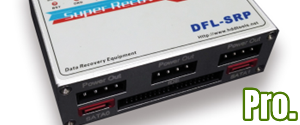
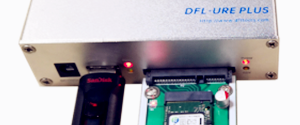
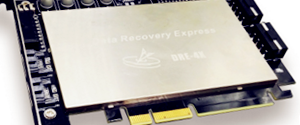

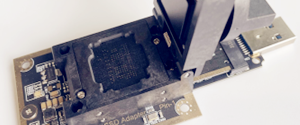
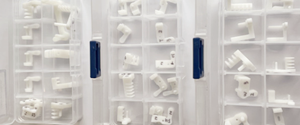
Comments are closed
Sorry, but you cannot leave a comment for this post.